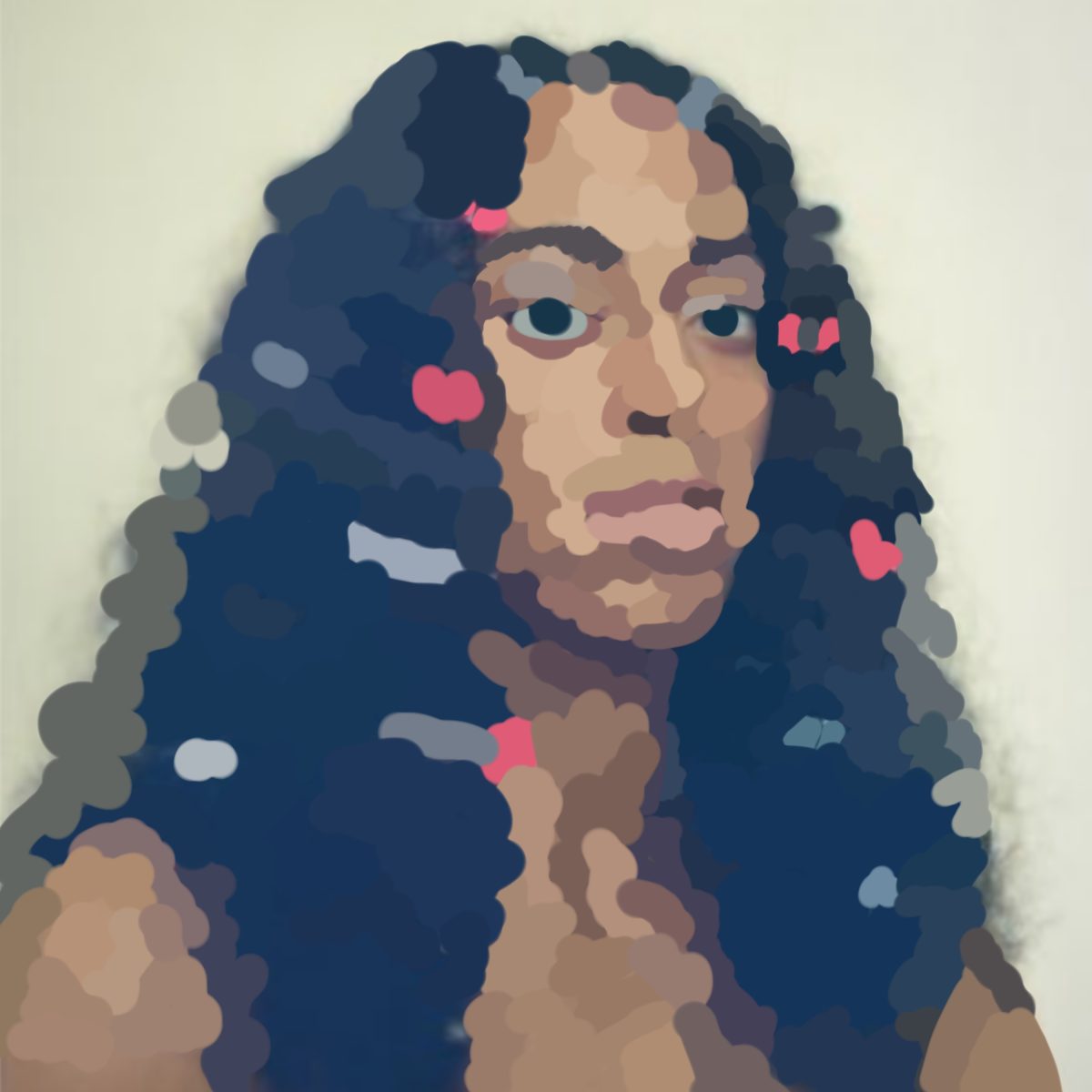As people flocked to Austin for the annual Austin City Limits music festival, Solange departed to Marfa, Texas to perform “Scales” amongst the Donald Judd site-specific art installation, 15 untitled works.
While “Scales” includes songs from her latest album, “A Seat at the Table,” it offers a more intimate look into Solange’s relationship to art than a standard concert performance generally allows.
She explains via Instagram, “(Donald) Judd’s philosophy that the art takes on the space it exists in, has resonated with me to the core, and his radical practices of building your own institution is what has pulled me back to make the pilgrimage to Marfa for 7 years.”
A pilgrimage is exactly what it was.
Upon arriving in Marfa, donning my most stylish full black outfit, we received the memo that all-white attire was required to attend the free show. However, no sense of exclusivity or diva-esque control ever occurred to me, it was as if we were a part of her art direction. We happily obliged and scrambled for new clothes to gain access to a once-in-a-lifetime event. This was only one of a few specific instructions shared with attendees. Solange’s presence extended to the whole weekend, though she was only performing on Sunday evening.
The day of the show we woke up early to watch the sunrise at the Chinati Foundation, an old military base turned art museum in 1979. Judd’s large concrete installations captured the incoming light, sharp shadows cutting across the square façades as we walked through the outdoor exhibit. One artist in residence explained to me that the elevation in Marfa, at around 4,600 ft. above sea level, combined with the vast, even terrain allowed for unique natural lighting that attracted so many artists to the foundation over the years. Solange would be performing in the adjacent field that evening.
The performance was set to start at 6 p.m. but lines began forming two hours prior. Hundreds of students, art aficionados, families, locals, and donors dressed in all white lined the fence toward the trail we’d be walking down.
“It’s a part of the performance,” a volunteer told us as we waited in suspense.
Once allowed in, the all-white processional marched past Judd’s 15 untitled works to a small hill in front of the stage where the performance would take place. At dusk, an electronic siren cued by a drummer and synth player, the only members of the band on stage at this point, signaled to a second group, dressed fully in hot pink, to make their way to the stage and begin the show.
At multiples points throughout, Solange, along with the full ensemble accompanying her on stage, burst into soulful fits of movements as if suddenly freed. She screamed into the mic after proclaiming the hook from her song “Mad,” “You–ouuuu have the right to be mad.”
Perhaps most powerfully, she traversed the predominantly white, affluent art crowd while performing “F.U.B.U” stopping to sing specifically to black audience members, “All my n*ggas in the whole wide world/ Made this song to make it all y’all’s turn/ For us, this sh*t is for us.”
With “Scales,” Solange challenges notions within all of us that question any limit on Black artistry. She has allowed herself total control of her artistic expression and made her own spaces to showcase it. In a talk at the Museum of Contemporary Art Chicago, she explained, “there is a tonality in certain spaces and institutions that as a black artist you should just be happy to be here… I’m not interested in that conversation.”
Me neither, Solange.
– Tafari Robertson is a public relations senior
Categories:
Solange pushes the limits of black artistry in Marfa
October 17, 2017
Photo Illustration by Israel Gonzalez | Staff Illustrator
0
Donate to The University Star
Your donation will support the student journalists of Texas State University. Your contribution will allow us to purchase equipment and cover our annual website hosting costs.
More to Discover






